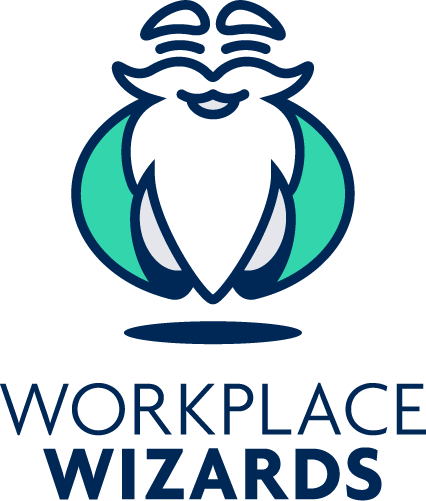Employees are one of the most important assets your business has – they are crucial to whether your business thrives or fails.
However, they are also one of your biggest investments.
As with all of your investments, the key is to maximise the return on the investment whilst simultaneously minimising costs. This is where effective human resource management and strategies are crucial to your business success!
In this article, we will discuss topics to get your business’ HR management thriving!
In this article
- What Human Resource (HR) management actually means;
- Examples of daily HR management functions in the workplace;
- Why HR management is so important to your business;
- Who is responsible for ensuring effective HRM occurs; and
- Where you can go for more information on HRM strategies and resources!
What is Human Resource Management?
Human Resource management assists an organisation to reach its business goals through the productive use of its human resources: utilising the skills, experience and attitudes of its staff.
Human Resource management involves a complex but valuable balancing exercise, which requires HR managers to proactively plan ways to create an environment of competitive advantage for the organisation, whilst still meeting individual employee needs.
Some examples of daily Human Resource management functions include:
- Recruitment and selection – identifying qualifications and attitudes that are required, and recruiting appropriately skilled people.
- Rewarding and recognising performance – instituting performance-based remuneration, salary packaging, and non-monetary rewards schemes.
- Reviewing conduct – managing education and training programs, monitoring performance and evaluating HR activities and outcomes.
- Assessing employee welfare – recognising equal opportunity requirements, managing employee grievances and enforcement of mandatory OH&S and Equal Opportunity requirements.
Why is HRM so important?
Few things are more-costly to a business than employees who are unable to meet the requirements of their job, or who fail to adapt and grow with changing business standards and increasing global competition. Overall, this costliness is often a result of HR professionals who fail to align human resource objectives with their organisational business goals, and, therefore, are unable to maximise the return on their investment in employees.
In fact, according to a survey by The Australian, 80% of employee turnover is due to bad hiring decisions, and up to 45% of those decisions come down to poorly managed screening and selection protocols by HR managers and recruiters. Inevitably, it was found that poor recruitment and employee management can cost a company up to two and a half times the salary of the employee in question.
Some of the risks of ineffective HRM include:
- Loss of efficiency, skills and knowledge due to poor recruitment;
- Poor communication and customer service;
- Higher staff turnover and absenteeism;
- Higher incidence of disputes, accident rates, legislative breaches and illegal terminations; and
- Poor community standing and loss of business.
Who is responsible for Human Resource Management?
It is the responsibility of HR professionals and managers to implement proactive and fully-integrated Human Resource management practices in their workplaces. This, by no means, is a small task.
In fact, in a recent decision of the Fair Work Commission, Armaguard was ordered to reinstate and compensate a security guard who had contributed to a ‘string of failures’ (which resulted in approx. $60,000 cash being stolen), on the basis of poor HR management. In this case, it was determined that the employee’s negligence during the incident was essentially mitigated by Armaguard’s failure to incorporate effective guidance for these situations into their ‘employee handbook’, and by the fact that managers did not consider alternatives to dismissal for the employees.
Other practitioners who may also have responsibility for Human Resource management in an organisation include other senior-level employees with HR expertise, external consultants and other outsourced providers who administer and provide a range of HR management services on a project or ongoing basis.
In fact, increasingly traditional HR management functions are being outsourced. However, these services still need to be understood and managed competently from within the organisation by the relevant human resources professionals.
Conclusion
Companies who invest in (and implement!) effective Human Resource management strategies are better placed to enhance the productive output of their staff, and lower the risk of costly disputes associated with incidents of poor performance.
Therefore, whilst implementing effective HR management strategies in your workplace is not an easy task, consulting with experts and committing to the implementation of their advice can be an investment which will essentially pay for itself in the long run.
Need specialist help?
Having a clear and effective Human Resource management strategy can work for, support and enhance business operations. However, the design and implementation of a clear strategy can be a complex and time-consuming workplace relations exercise.
At Workplace Wizards, we offer strategic and operational HR solutions to help you get the most out of your employees. Or, if you feel swamped by HR problems you don’t have time to deal with, you can outsource your HR functions to us (excluding payroll).
For specialist assistance in Human Resource Management strategies, contact us at Workplace Wizards support@workplacewizards.com.au or 03 9087 6949




0 Comments Leave a comment
Comments are closed.